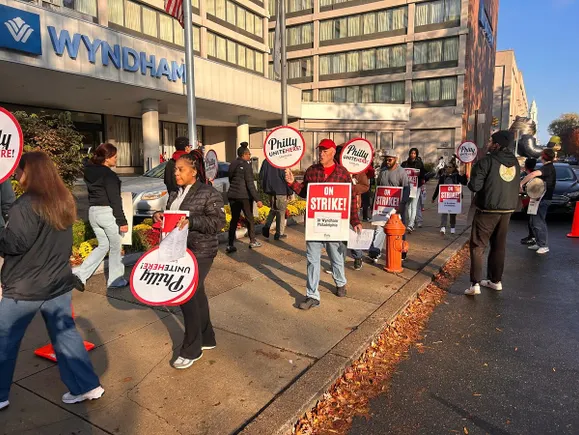Dive Brief:
- Front-line workers make up 70% of the U.S. workforce, but they are increasingly difficult to find, train and retain, according to an analysis by HR advisory firm The Josh Bersin Co. in collaboration with UKG.
- Three-quarters of front-line workers feel burned out, and 51% say they “feel like a number, not a person,” fueling their sense of feeling overworked, underappreciated and disconnected, the Nov. 5 report found.
- Additionally, employers are increasingly realizing that essential workers — including those in healthcare, logistics and leisure — cannot be hired or replaced with ease due to various economic pressures, the report said.
Dive Insight:
The report urged CHROs to embrace and prioritize the needs of front-line workers and consider revisiting HR systems traditionally designed for office-based staff. For example, by standardizing its workforce management processes, a major hotel chain enabled front-line workers to share and trade shifts easily, Josh Bersin said.
In another example, a company that provides utility vegetation management and emergency storm response services cut turnover by 5% by providing front-line employees with targeted training, according to the firm’s report. In these examples, AI played a key role by making it easier for front-line employees to access guidance and complete core HR tasks from their mobile devices, the firm noted.
Talent development professionals say training front-line workers is a challenge because of high turnover; while 80% of talent development pros told the Association of Talent Development they could overcome this challenge, many stated they didn’t know how they actually would, the association reported in February.
These issues highlight the need — and opportunity — for organizations to foster stronger communication, trust and alignment with front-line workers, according to an August report by ZipRecruiter.
The online employment marketplace found that less than a quarter of front-line workers believe senior leaders understand their day-to-day reality, a leadership awareness gap that’s even larger in the agricultural, healthcare and travel industries. Front-line workers in retail, hospitality and facility services, more so than in other industries, don’t believe leaders respect them for their roles.
Employers should also keep in mind that while finding the right people to fulfill front-line roles has become increasingly challenging, they should resist making rushed decisions, a consultant for talent management solution provider Talogy recently cautioned.
Hiring decisions made under pressure and without going through the right processes can lead to unwanted consequences, such as increased costs, decreased productivity and poor work quality, Talogy found.






Leave a Reply